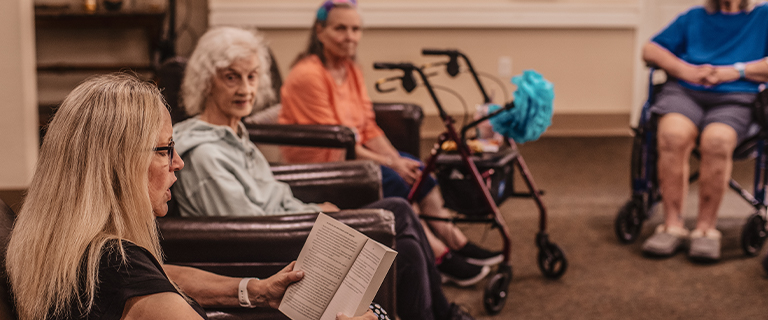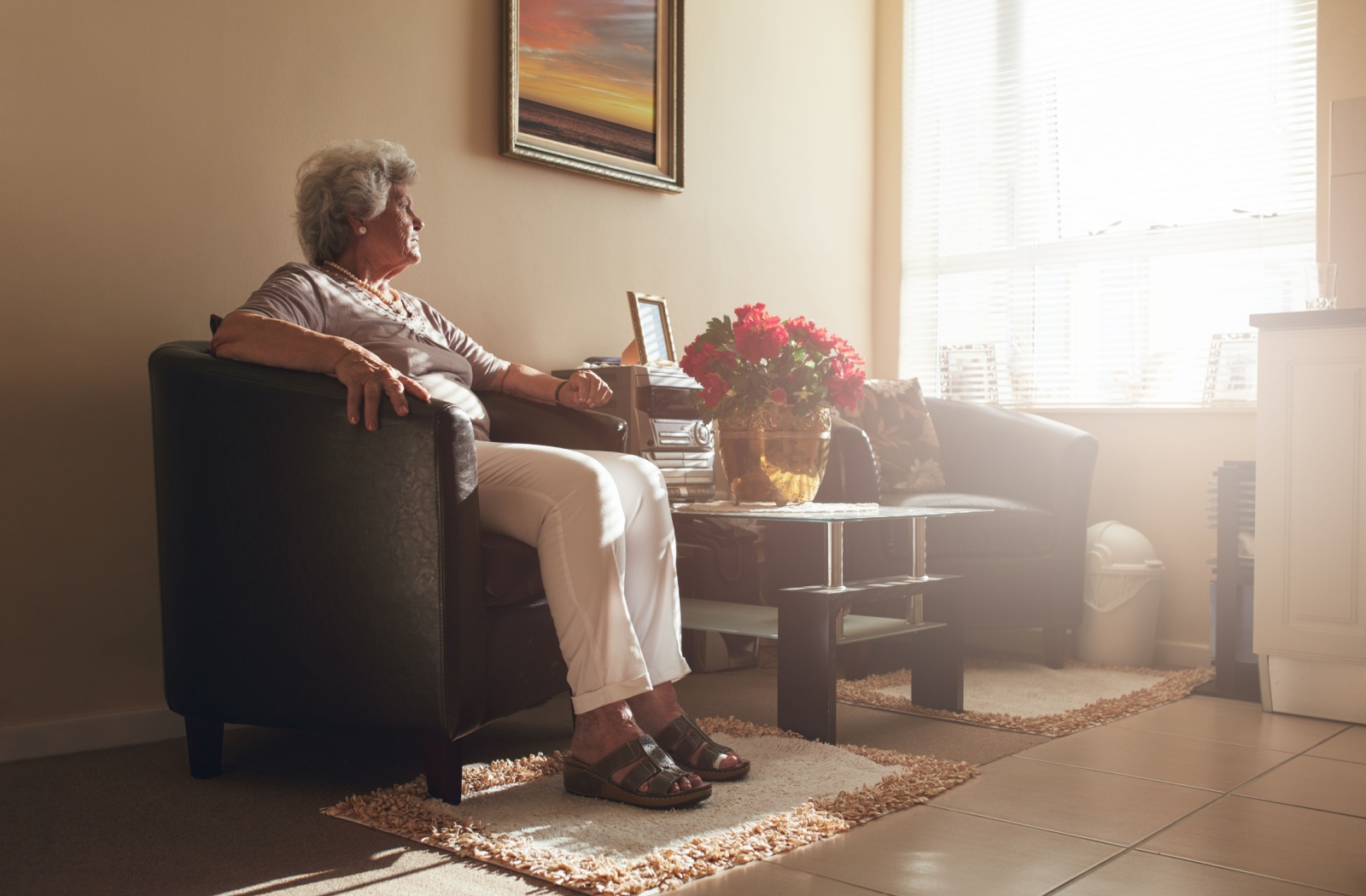Caring for an aging parent or loved one comes with tough decisions—especially when it comes to safety and independence. One of the most common and complicated questions is: Is it OK to leave them alone?
The answer depends on their physical, emotional, and cognitive needs. Some older adults can live independently with minimal check-ins. Others may require regular support, even if they’re not fully dependent on others.
It helps to understand your loved one’s capabilities—and the risks they may face without supervision. These are key to making a decision that balances safety, dignity, and well-being.
How Aging Affects Daily Safety
Aging can affect the body and mind in gradual ways. While some seniors maintain strong independence, others face changes in balance, memory, or awareness that make being alone more dangerous.
Age-Related Physical Challenges
Age often creates new physical challenges. Many seniors deal with a higher risk of:
- Decreased mobility or unsteady gait
- Reduced vision or hearing
- Chronic conditions or medication side effects
In some cases, these limitations may not be obvious until a small accident occurs. This is why being proactive is so essential.
Age-Related Cognitive Challenges
Memory loss, disorientation, and impaired judgment can develop slowly. A senior who seems fine one day might forget to lock the door or wander outside the next.
Some early signs of age-related cognitive challenges include:
- Confusion during conversations
- Difficulty remembering familiar tasks
- Struggles with remembering time and place
If your loved one is experiencing cognitive changes—even subtle ones—it’s worth re-evaluating whether being alone is still safe for them.
Signs That a Senior Shouldn’t Be Left Alone
Sometimes the signs that someone needs more support are subtle, especially if they’re trying to maintain a sense of independence.
Trouble Managing Activities of Daily Living
If your loved one struggles with activities of daily living (ADLs), they may be at risk of neglecting essential care when left alone.
Frequent Forgetfulness or Confusion
Occasional forgetfulness is normal, but frequent lapses are not.
Some common signs of confusion include:
- Leaving the stove on
- Missing medication
- Regularly getting lost
These all point to a cognitive decline that requires supervision and support.
Physical Instability or Fall Risk
Falls are one of the most serious dangers for seniors living alone. They’re the leading cause of injury among seniors. If your loved one has fallen recently, struggles to walk steadily, or avoids stairs or bathtubs out of fear, they likely need assistance nearby.
Social Withdrawal or Mood Changes
Isolation can affect mental health just as much as physical limitations affect safety. Loneliness is linked to higher rates of depression, anxiety, and cognitive decline. If your loved one has stopped participating in activities they used to enjoy or seems increasingly withdrawn, they may need more support than they’re getting at home.

The Emotional Side of Leaving Someone Alone
Even if a senior is technically safe, being alone for long periods can take a toll on their well-being. It has real health consequences and can lead to:
- Depression
- Increased anxiety
- Accelerated cognitive decline
- Poor nutrition or neglect of self-care
A caring, engaging environment can significantly improve quality of life, while frequent isolation may do just the opposite.
Finding the Right Level of Support
If you’re unsure whether it’s safe to leave your loved one alone, take a moment to think how often they need help—and whether that help is consistently available when they need it.
Questions to Consider for Right Level of Support
It helps to ask yourself:
- Can they reliably manage meals, medications, and hygiene without reminders or assistance?
- Do they know what to do in an emergency—and have access to help if needed?
- Is their home environment adapted for their mobility and safety needs?
- Are they thriving, or simply “getting by”?
If the answer to these questions is unclear or worrying, it’s time to explore other care options.
How Senior Living Communities Can Help
In many cases, older adults simply need the right environment to remain safe and happy. Senior living communities offer a careful balance between independence and support. This care helps residents enjoy their autonomy, but still have access to care when they need it.
A Safe, Structured Environment
In communities that offer both assisted living and memory care, residents can receive help with:
- Medication management
- Mobility and fall prevention
- Bathing, dressing, and grooming
- Meal preparation and nutrition
- Supervision for cognitive conditions
With this support, the risks involved with living alone are significantly reduced.
Emotional & Social Well-Being
Supportive communities aren’t just safer—they’re more fulfilling. From daily activities and fitness classes to meaningful friendships and spiritual gatherings, residents enjoy a lifestyle that encourages purpose and connection. These small moments add up to a richer, healthier life.
When It’s Time to Consider a Transition
If you’ve been wondering whether your loved one should be left alone, chances are it’s time to explore next steps. That doesn’t mean you’re taking away independence—it means you’re adding security, consistency, and peace of mind. The right community can make a significant difference for your loved one and your family alike.
A Vibrant Next Chapter Awaits at Preston Hollow
Deciding whether it’s OK to leave an elderly person alone is about more than checking a few boxes. It’s about understanding the whole picture—physical safety, mental clarity, emotional well-being, and quality of life.
At Parsons House Preston Hollow, we support seniors through every chapter of life. Whether your loved one is active and independent or requires daily support, we offer the right balance of freedom and care—so no one ever feels alone.
From chef-prepared meals and wellness programs to meaningful activities and beautifully landscaped grounds, everything here is designed to support each day, in every way. When you’re ready, schedule your visit and see how we make every day safer, easier, and more fulfilling.



